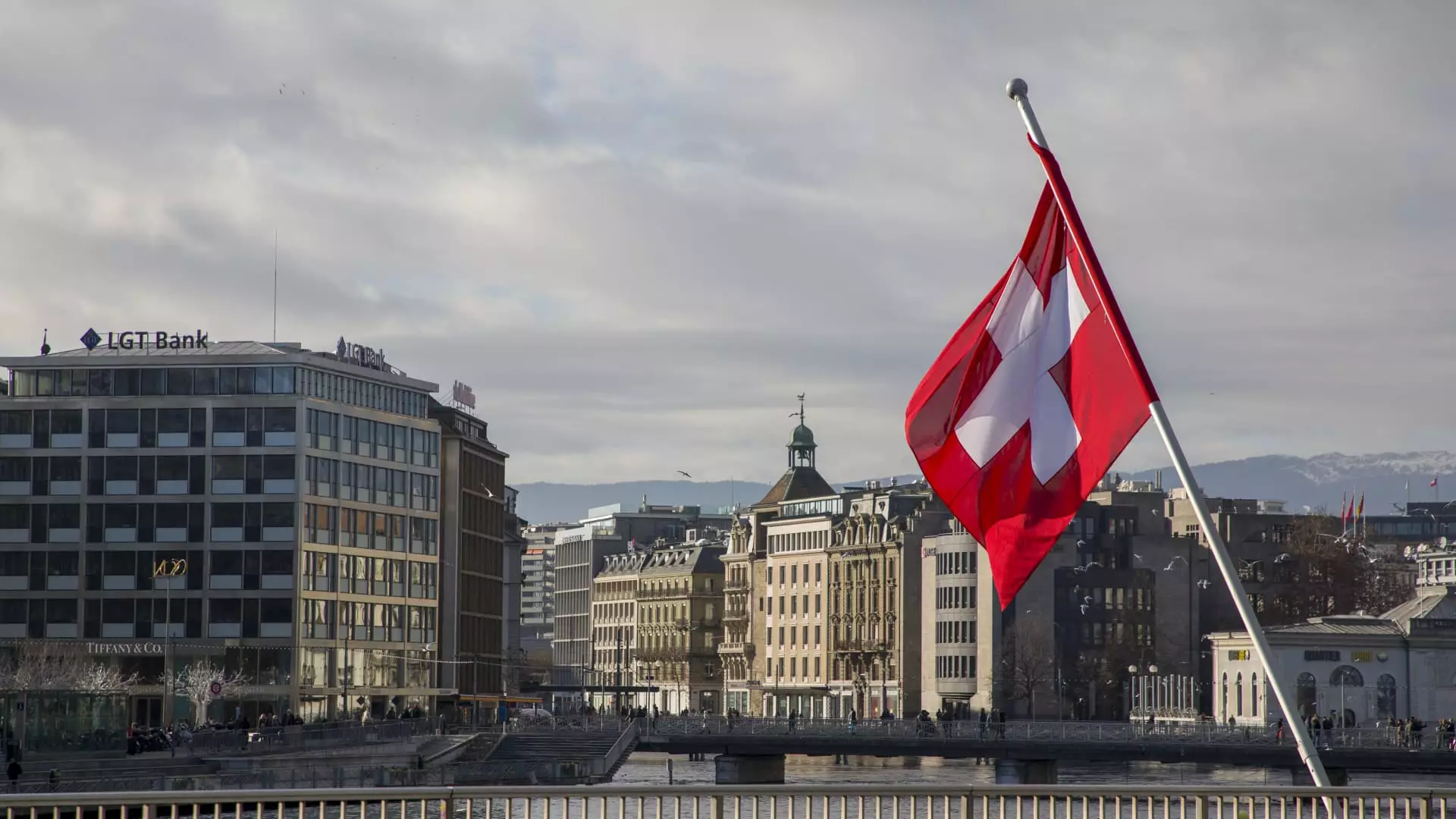In an era where geopolitical tensions and economic instability are becoming the norm, a fascinating trend has emerged among America’s wealthy elite: the exodus to Swiss banks. This isn’t merely a move for better interest rates or investment opportunities; it signifies a deeper dissatisfaction with the state of American governance and its economic policies. The swell of affluent Americans seeking sanctuary in Switzerland reveals not only a desire for diversification but also a striking disconnection from the financial safety nets provided by their own country. This trend, termed “de-Americanization,” speaks volumes about the precariousness that many perceive in the American financial system.
Understanding the Motivations
Why are wealthy individuals placing their bets in foreign banks? The motivations are manifold and complex. Many affluent Americans are concerned about the potential depreciation of the U.S. dollar, propelled by burgeoning national debt. Others view Switzerland’s political neutrality and steadfast economic conditions as a lighthouse in a stormy sea, especially during uncertain political climates, such as those experienced during and after the Trump administration. For them, a Swiss bank account isn’t just a financial tool; it’s a fortress against perceived threats to their assets.
Furthermore, the increasing desire for physical gold as a security measure underscores a growing mistrust in traditional currency investments. As reports of a declining rule of law proliferate, many are seeking not only financial stability but also a form of existential security—hence the appeal of Swiss accounts, which can serve as a gateway to European residency and citizenship. This pragmatic “Plan B” strategy marks a stark departure from the past reliance on American institutions, highlighting an active choice to seek safety outside national borders.
The Allure of Swiss Banking
While some might dismiss this trend as merely a response to financial anxiety, it reflects a broader crisis in trust affecting the U.S. political and financial landscape. Swiss banks have evolved, exchanging the shadows of tax evasion for transparency and regulation, accommodating U.S. citizens with the right framework. However, it’s essential to recognize that this shift isn’t just about banks; it’s emblematic of a larger societal concern where individuals feel compelled to secure their wealth beyond domestic walls.
The increasing influx of American clients seeking Swiss bank accounts also highlights the growing divide between the nation’s rich and poor—a reflection of an economic system where the affluent can afford to secure their wealth while the majority continue to navigate a landscape riddled with financial insecurity. This stark contrast raises an uncomfortable question: is the investment of the elite in foreign banks a mere symptom of their wealth or a legitimate response to systemic failures that affect all levels of society?
By distancing themselves from American banks and financial institutions, these individuals are signaling a deep fracture—a belief that America’s economic safety net is fraying and that safe havens must be established elsewhere. Amid this climate, it is essential to ponder the long-term implications of such trends. The fabric of trust that underpins financial systems is thinning, and as elite individuals withdraw their assets from national oversight, the question remains: what future waits for a nation that no longer inspires confidence among its wealthiest citizens?


Leave a Reply